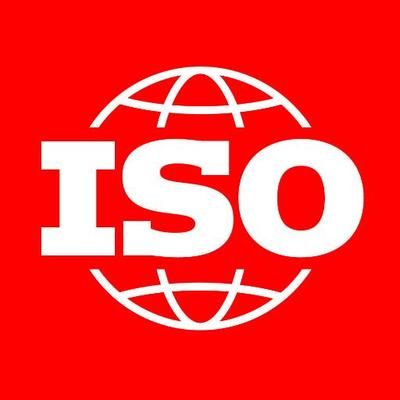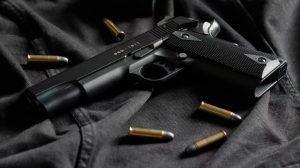A new procedure for tracking rifle and ammunition purchases has been made possible thanks to representatives from the credit card industry; supporters of the measure claim it will help detect suspect sales and reduce gun violence.
The International Standards Organization, which creates rules for the financial services industry, decided to create a new merchant category code for retailers of firearms and ammunition during a conference this week. On Friday, the decision was made public.
Also read: International Standards Organization clears new ways to track guns, ammo purchase: What it means
What is the International Standards Organization?
Different national standards agencies make up the membership of the International Organization for Standardization, an unaffiliated, non-governmental organisation. There are 167 members representing ISO in their nation as of 2022, with each nation having a single member.
With the exception of electrical and electronic engineering, which are the purview of the International Electrotechnical Commission, the organisation sets and publishes international standards in all technical and nontechnical domains. Over 24,261 standards have been created by the ISO as of April 2022, spanning everything from manufactured goods and technology to food safety, agriculture, and healthcare.
There are 804 technical committees and subcommittees within ISO that work on developing standards.
The International Federation of the National Standardizing Associations (ISA), which had a heavy emphasis on mechanical engineering, was the predecessor to the organisation that is now known as ISO.
The International Standards Association (ISA) was put on hiatus during World War II in 1942; however, following the war, the newly established United Nations Standards Coordinating Committee (UNSCC) approached the ISA with a proposal to establish a new international standards body.
Delegates from 25 nations, representing the ISA and UNSCC, met in London in October 1946 and decided to collaborate to form the International Organization for Standardization. Operations for the organisation officially started on February 23, 1947.
Each member of ISO, a nonprofit organisation with recognised experts in standards, represents a different nation. Each year, members gather at a General Assembly to talk about ISO’s strategic goals. The organization’s central secretariat, which is situated in Geneva, manages operations.
Twenty member entities rotate on a council that provides direction and governance, which includes deciding on the annual budget for the central secretariat.
More than 250 technical committees create the ISO standards, and they are under the control of the technical management board.







